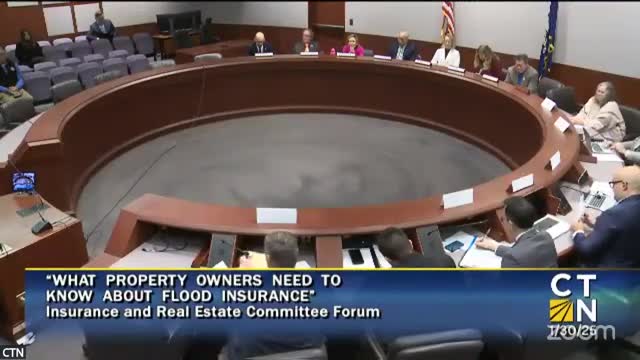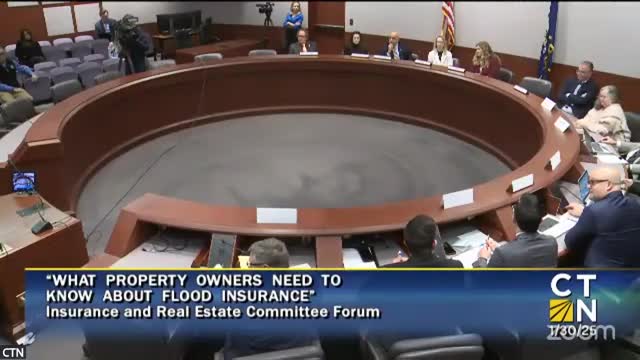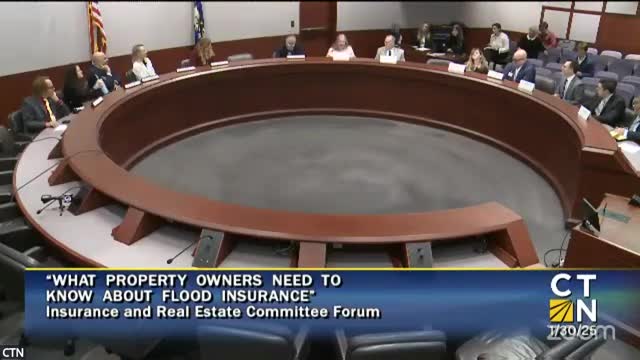Article not found
This article is no longer available. But don't worry—we've gathered other articles that discuss the same topic.

Experts pitch parametric insurance, freeboard and community-based approaches as complements to traditional flood policies

Industry panel: private flood market supplements NFIP; agents play key role in outreach and sales

DEEP: Every Connecticut community participates in NFIP; roughly 32,000 policies cover roughly $8 billion in assets

